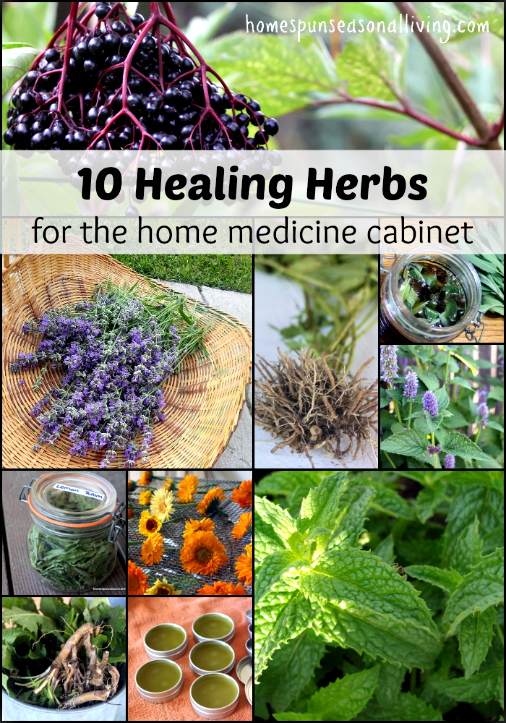
adelightfulhome.com
Thank you for visiting Herbs and Oils Hub!!
This article by Kathie is very helpful for beginners who want advice on which medicinal herbs to keep on hand. She focuses on standard herbs which are also staples for those more experienced with herbs.
What I like about Kathie’s article is that she includes links to recipes for using each of the herbs. For example, she includes a recipe for a calming Anise Hyssop tea that also helps to relieve congestion.
One of my favorite cold and flu remedies is Elderberry Syrup. I was happy to see it on Kathie’s list. Elderberry is loaded with quercetin which is an antioxidant with antihistamine and anti-inflammatory properties. However, when I looked at her recipe I had a “Wow! moment”! In addition to all of the ingredients in my recipe, she adds fresh lemon which is a perfect addition.
If I were to add an additional medicinal herb, it would be Echinacea. Echinacea has antiviral and antibacterial properties. Among other things, it boosts the immune system by raising the white blood cells which fight off infection. There’s some evidence that using Echinacea as a tincture or extract made with fresh herbs is the way to go. The theory is that when you dry Echinacea, you basically lose the medicinal benefit. You can see a simple recipe for an Echinacea tincture here:
As always, please consult your doctor before using any herbal remedies. Herbal remedies are medicines which can have side-effects, interact with other medications, and be counter-indicated for some people.
To read this helpful article, visit the 10 Healing Herbs with Recipes
Link below.
10 Healing Herbs with Recipes
Speak Your Mind